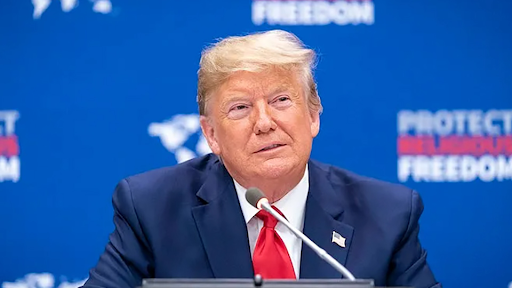President Donald Trump’s announcement of a Budapest summit with Russian President Vladimir Putin appears to have been premature, with both US and Russian officials confirming Tuesday that no immediate meeting between the two leaders is scheduled. The development highlights the unpredictable nature of Trump’s diplomatic communications.
Following a Monday telephone conversation between Secretary of State Marco Rubio and Russian Foreign Minister Sergei Lavrov, American officials have determined that no additional in-person ministerial meetings are necessary, and no near-term presidential summit is planned. The decision effectively contradicts Trump’s social media posts claiming he would meet Putin within two weeks.
The US official, speaking anonymously, described the Rubio-Lavrov phone call as “productive,” though the characterization did not include any commitment to concrete summit planning. Russian officials have similarly declined to provide specific timing, with the Kremlin stating Tuesday that there is no “precise timeframe” for organizing a Trump-Putin meeting.
The confusion surrounding potential summit plans began last Thursday after Trump and Putin spoke by telephone, a conversation the American president initially portrayed as a diplomatic breakthrough. Trump’s interpretation led him to quickly announce on social media that he would meet Putin in Budapest within two weeks, timing the declaration to coincide with his upcoming meeting with Ukrainian President Volodymyr Zelensky about potentially providing Ukraine with Tomahawk missiles.
Trump’s handling of relations with Putin has been characterized by sudden policy reversals, including the controversial August meeting in Alaska that represented Putin’s first visit to Western territory since ordering the February 2022 invasion of Ukraine. While Trump has repeatedly boasted about his ability to leverage personal chemistry with Putin to end the war quickly, he has recently admitted to experiencing frustrations in dealing with the Russian president.


